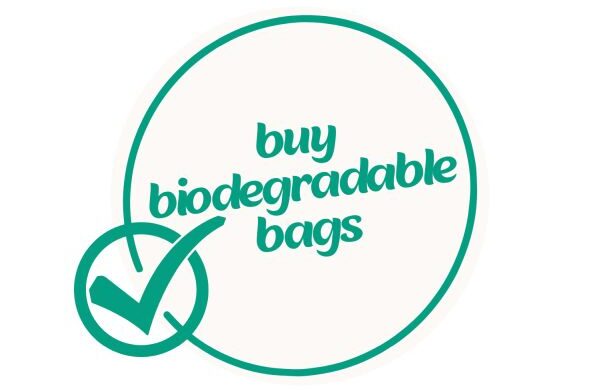Guide To Biodegradable Bags for Household Use
The Complete Guide to Biodegradable Bags at Home
Plastic pollution is a huge threat to our planet. But you can make a difference with one simple swap – biodegradable bags. Read on to learn all about why and how to make the switch from conventional plastic bags to eco-friendly biodegradable ones.
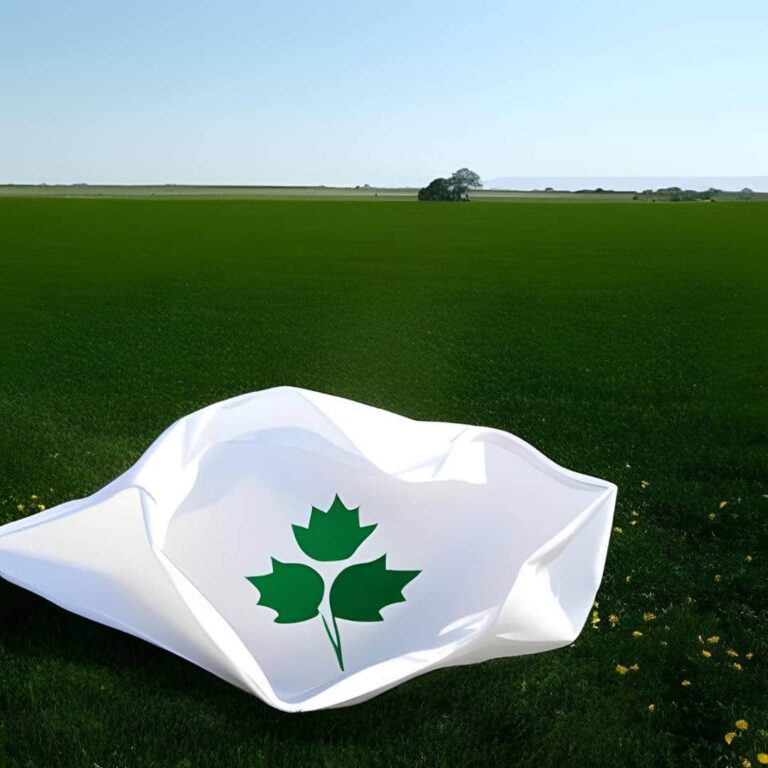
Why Choose Biodegradable Over Plastic at home?
Unlike traditional polyethylene plastic which can stick around for centuries, biodegradable bags are designed to break down naturally. This makes them much better for the environment. Here are all the top reasons to go biodegradable.
A Healthier Option
Customers are environmentally conscious and would appreciate efforts to reduce waste
Keeps Waterways Clean
Reduce waste and plastic pollution in landfills and waterways
Protects Wildlife
Prevent harm to wildlife and marine life
Lead The Way
Set a sustainable example for your community
When we all do our part to save the planet through a zero-waste lifestyle, it adds up to make a real collective impact. Vote with your actions for a greener world.
Types of bags for your home
Common bags used at home can be switched to more eco-friendly biodegradable options
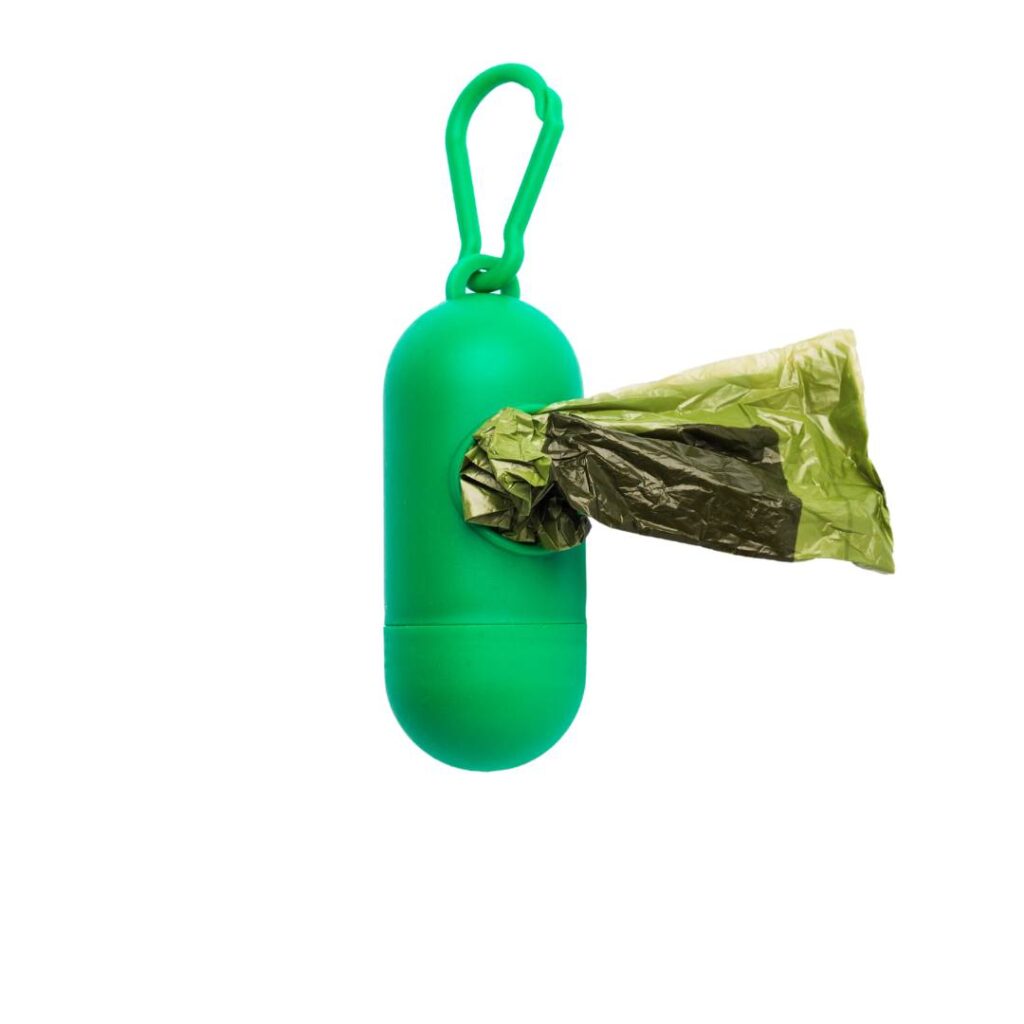
Doggy Poop Bags
Doggy Poop Bags – Pick up pet waste using specialty dog poop bags that are made to be biodegradable and prevent leakage. Some even have handles for easy carrying. Make sure to dispose of properly.
Bin Bags
Disposable rubbish bags and bin liners, Compost bags, Biobags, Composting bags, Compostable caddy liners, Biodegradable liners, we all use them everyday. Plastic trash bags can be replaced with biodegradable trash bags made from materials like PLA, PBAT, and starch blends. These break down safely when sent to landfills. Look for thicknesses and capacities to match regular trash needs. Some of the most well-known brands include BioBag, Ecozone, Dw2 and Green Giraffe. You find them online from various suppliers.
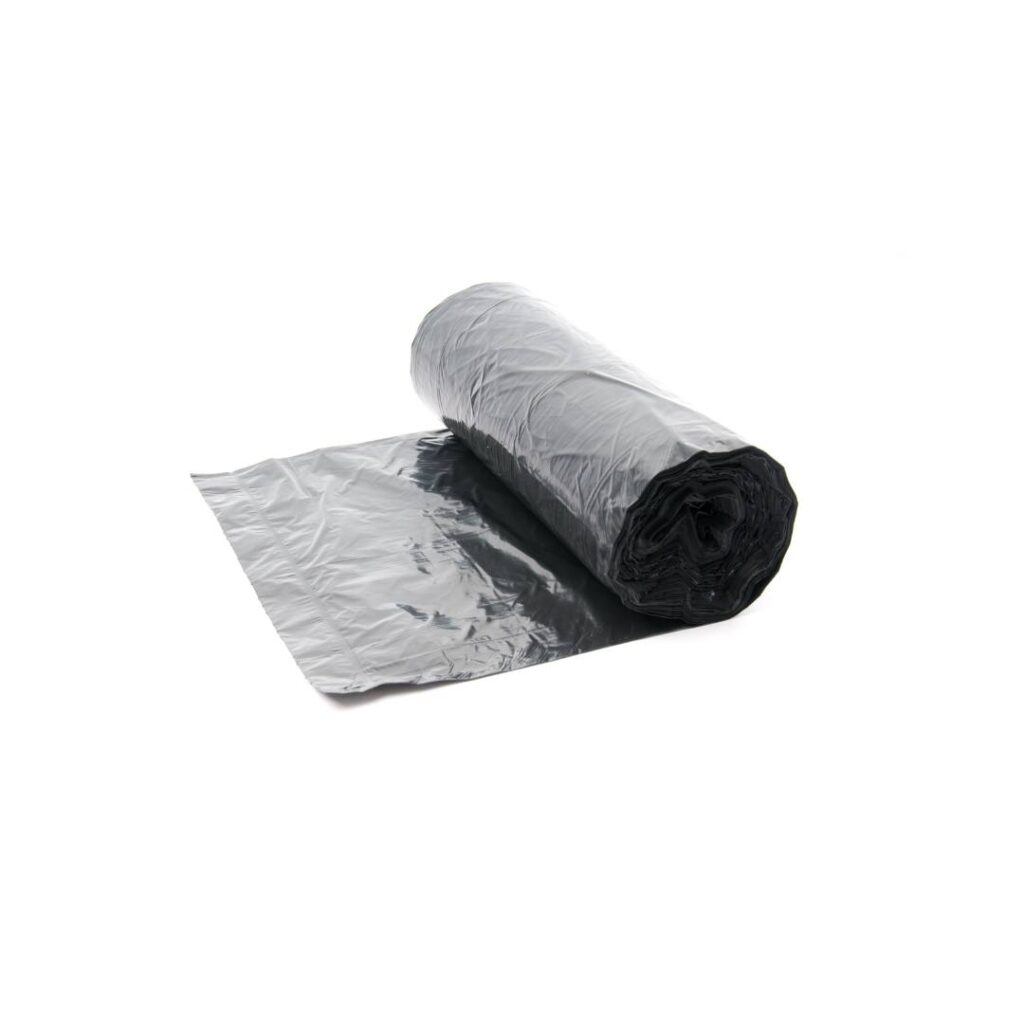
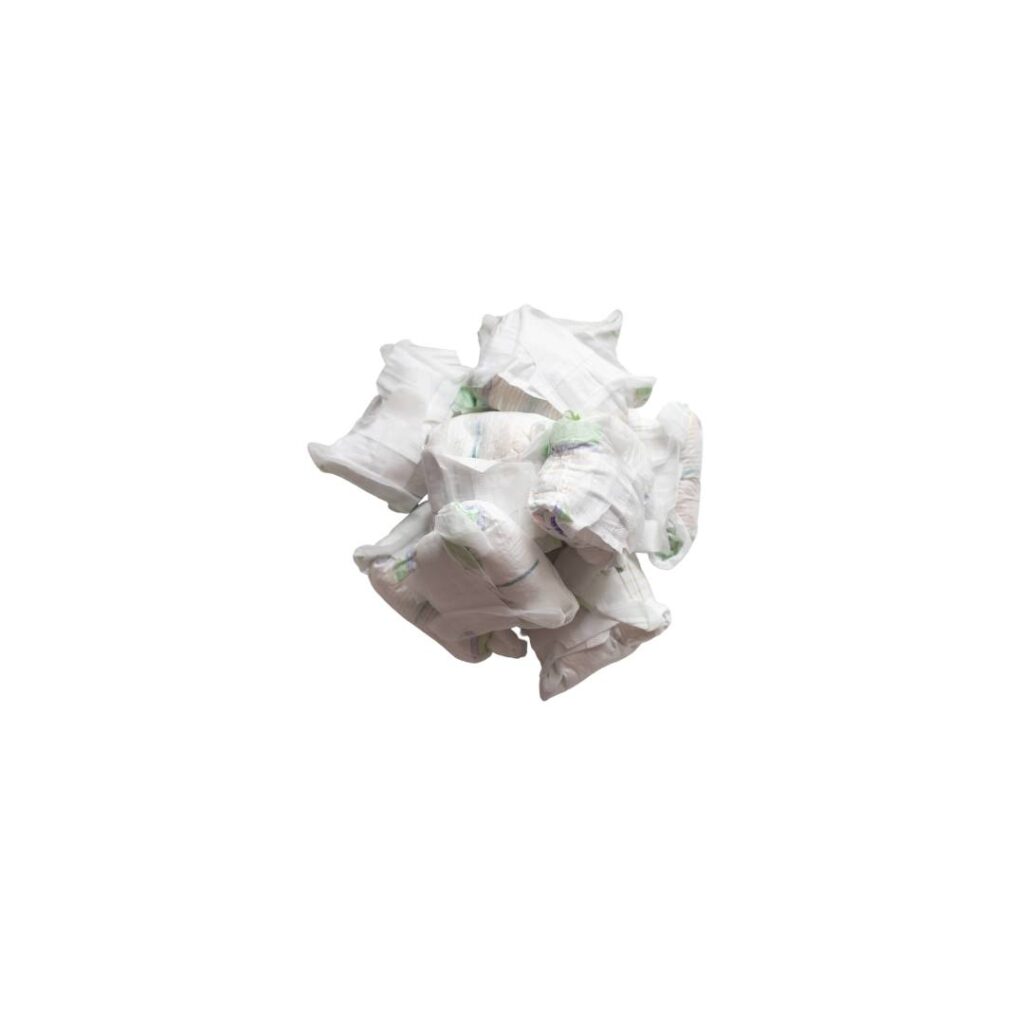
Nappy Sacks
Nappy Sacks – For disposing of diapers/nappies, use biodegradable bags made from plant-based materials that are designated as compostable. Many are infused with botanical extracts to help contain odors.
Food Bags
There are plenty of options for biodegrabable food-safe bags for use at home. Look for food storage bags that contain NO polyethylene. They are BPA-free, unbleached, durable, non-toxic, and plastic-free.
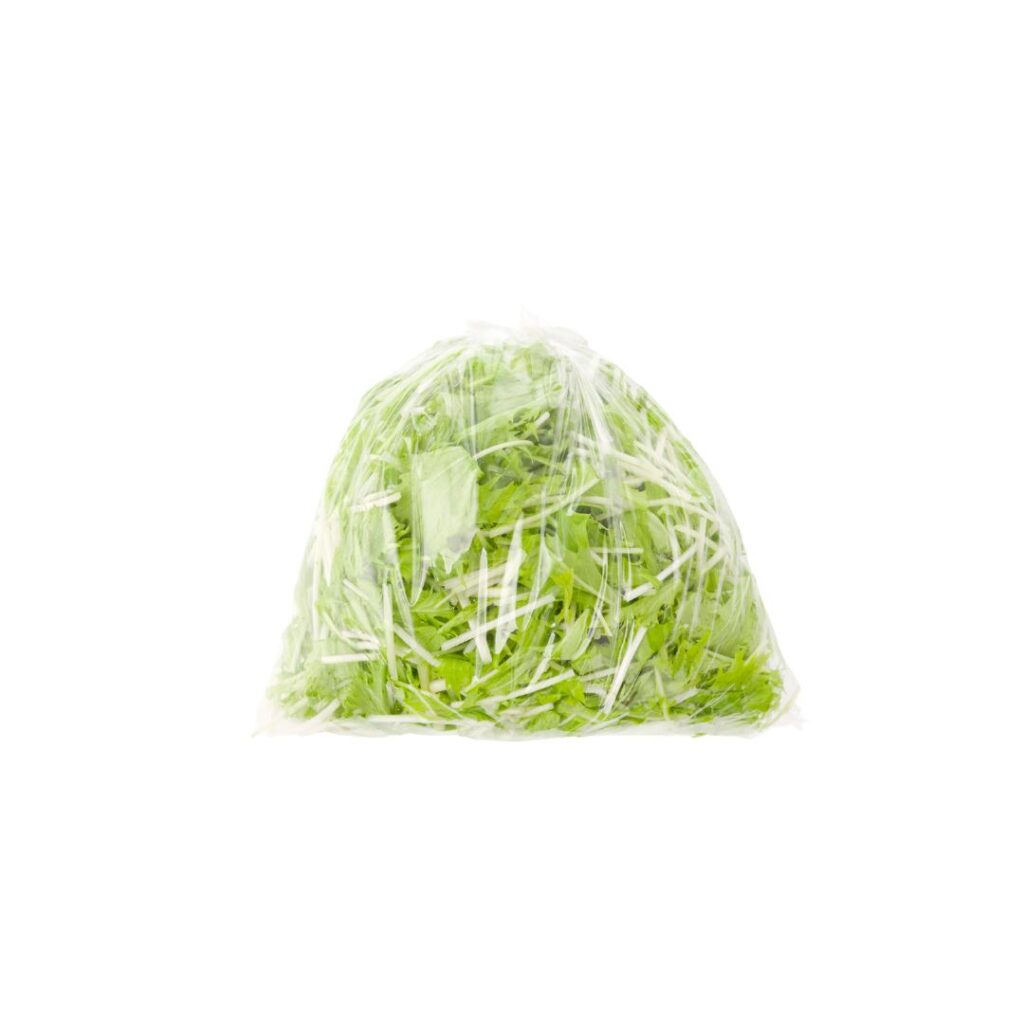
Each year over one trillion plastic bags are used worldwide. Less than 5% of these are recycled.

What to look for
The key is looking out for bags certified as biodegradable/compostable by standards like BPI, EN13432 or ASTM D6400. This ensures they will break down through natural biological processes and not harm the environment. It’s a simple way to reduce plastic waste from home.
Composition
What materials go into the bags themselves? Are they plant-based? or biodegradable?
Are They Certified?
Are the bags certified
Decomposition
How long does each company’s bags take to decompose?
Instructions for disposal
Always check they correct way to dispose of the bags.
Will they Biodegrade properly?
Many “compostable” plastic bags require very specific conditions only found in industrial composting facilities in order to fully break down. They will not biodegrade properly in home composts. Here are some more details:
Commercial Composting Facilities
Most compostable bags are designed for commercial composting facilities that carefully control temperature, moisture, and airflow needed for degradation.
Limits of Home Compost Piles
Home compost piles cannot reliably provide the sustained 120-140°F heat needed for compostable plastics to biodegrade.

What Makes Them Biodegradable?
Certified Compostable and Biodegradable bags are made from natural materials that can decompose:
Starches
Plant Starches – Corn, potato, wheat
Cellulose
Cellulose – Made from wood pulp or cotton
Plant Sugars
PLA – Derived from plant sugars like corn and cassava
PBAT
PBAT – A bioplastic made using plant oils
Disposing of Biodegradable Bags
Just beacuse a product is labled a biodegradable, it doesn’t mean it can just been thrown away.
Environment
There are different environments in which a plastic bag will degrade. In the soil, in landfill, in the ocean, each with different micro-organisms, tempretures, levels of moisture. So a bag that might boidegrade in compost might not biodegrade in soil or the ocean.
Compostable Certifications
Look for certification like TÜV AUSTRIA OK Compost Home for bags proven to decompose in backyard composts.
Perfect Conditions
Without perfect conditions, compostable bags can remain intact for years in home systems. They become contaminants.
Choose Plastic Free
Alternatively, choose plastic-free options like paper bags or reusable cloth bags to avoid any doubt.
Read more from the blog
How plastics degrade in industrial landfil is different from how plastics behave out in the natural soil or ocean environment.

Are plastic bags recyclable? 7 Alternatives to plastic bags
Yes, plastic shopping bags are recyclable in some cases, but the process is so complicated and expensive that it may not be sustainable. Plastic bags are present in modern life, from grocery shopping to packaging. While their convenience is undeniable, the environmental impact of single-use plastics has turn the alarm of…
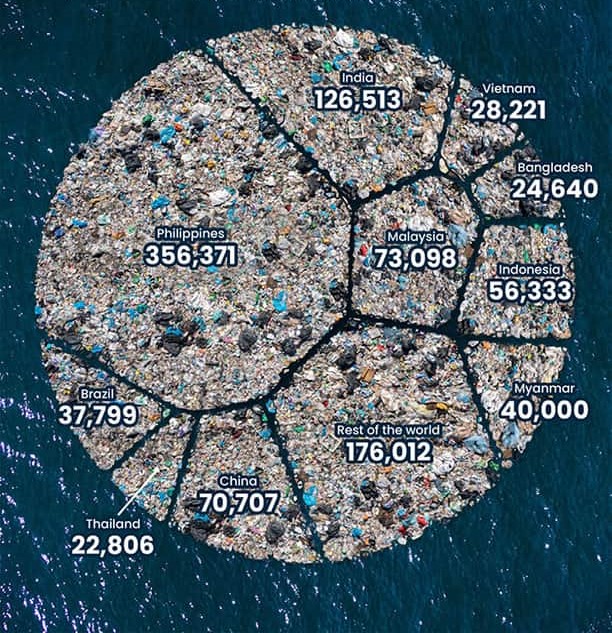
Top 10 highest ocean plastic waste polluters in the world
Plastic pollution has emerged as one of the most pressing environmental challenges of our time, with millions of tons of plastic waste entering the oceans each year. This issue not only threatens marine life but also disrupts ecosystems and poses risks to human health. A significant portion of this oceanic plastic…
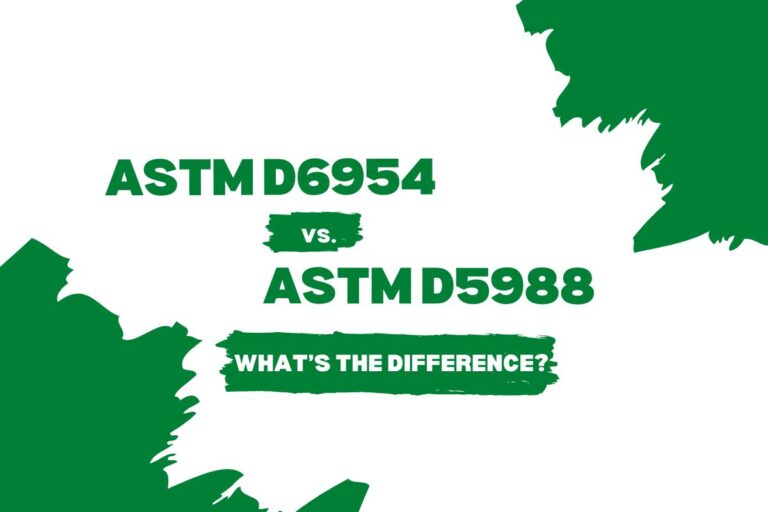
What is the difference between ASTM D6954 and ASTM D5988 standards
ASTM D6954 and ASTM D5988 are both standards used to test the biodegradability of plastics, but they differ in their specific applications. ASTM D6954 is specifically designed for testing oxo-biodegradable plastics, while ASTM D5988 is designed for testing the aerobic biodegradation of plastic materials in soil. Here are some of the…
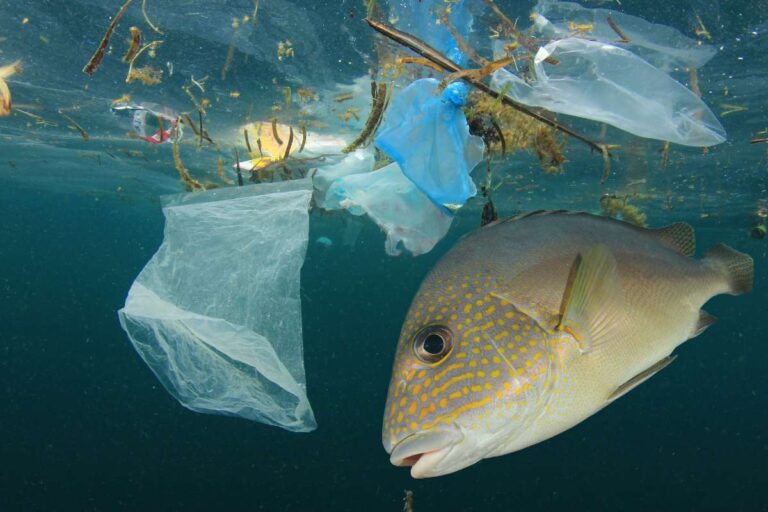
Top 10 facts about the effects of plastic bags on marine life
The Top 10 Facts About How Single-Use Plastic Bags Harm Marine Life The effects of plastic bags on marine life are severe. Animals like sea turtles, fish, and seabirds often ingest plastic bags, leading to blockages, malnutrition, or death. Plastic bags also cause entanglement in species such as seals and seabirds,…
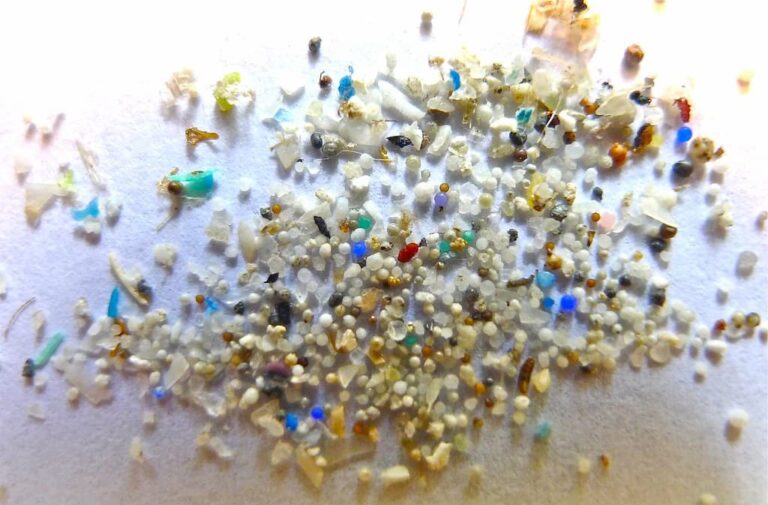
New Plant-Based Polymers that Decompose in Just Seven Months
UC San Diego and Algenesis researchers developed plant-based polymers that biodegrade in seven months, offering a significant environmental breakthrough. These polymers serve as a sustainable alternative to traditional plastics and have demonstrated promising biodegradation capabilities at the microplastic level. This development addresses environmental concerns and provides a potential solution to the…
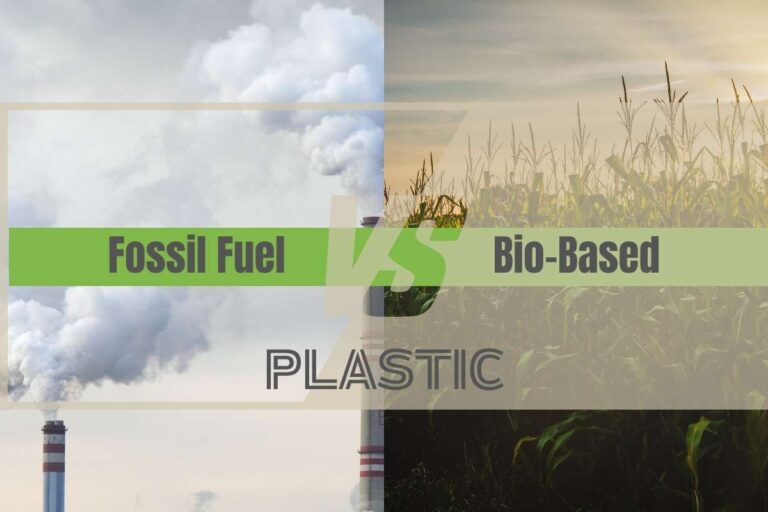
Fossil Fuel Vs Bio Based Plastic – What is the Difference?
Generally speaking, plastics fall into two main categories, Fossil Fuel and Bio Based Plastic. This refers to the source material used to make plastic bags. While there are subcategories, the plastic we use everyday will typically be made of one of these two. Fossil Fuels vs Bio Based: The Difference Between…
